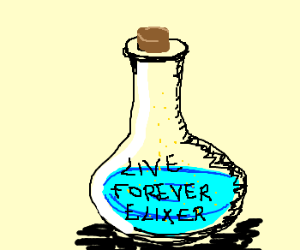("Big Heart - Oil Painting by Peter Max)
What
is the heart a symbol of? Starts with an L…..
If you take out my heart what will you find in it? The word has an L and
an O. (People shout: "Love") Again that, what
is in the heart? Blood. And What is the heart a symbol of? Life. Heart pumps
blood.
The
heart is found in the center of the chest and this is, in essence, the
epicenter of the human torso and must be the origination point of human
actions. Aim for the heart. Heart stops. No blood flows. No life. Thus the
heart symbolizes our humanity. It was only in the middle ages that heat started
to become the universal logo for love. In Turkey, for example, the seat for the
emotion is located in the liver, that is why there is the expression “My liver,
my soul.” Another case is in Nigeria
where they consider the belly the seat of emotions. In the books of the Bible
like Pentateuch, Jeremiah and Psalms, the human kidneys are cited figuratively
as the site of temperament, emotions, prudence, vigor, and wisdom.
So
for today’s gospel we look at the heart as synonymous to life. Just as our life
has its ups and downs, joys and sorrows, it too has produced its own share of
good and evil.
“Things that proceed out of the mouth come
from the heart, and those defile the man….” (Mt 15.18) But
there are those too that come out of a man’s heart that sanctifies him – from
evil thoughts to good intentions, from murder to saving a life, from
fornication to self-abnegation, from theft to generosity, from lies to and
slander to gratitude and appreciation.
So
how could it be that this same heart that beats the life in us could produce
both good and evil?
There
is a term in computer lingo - GIGO – garbage in garbage out. If you put in an
untidy code so too will be your result in contrast to a cleanly inputed line of
code. Same is true with our lives. Good or evil, whatever we put in takes
control of our heart and its output. To dynamically rephrase Samuel Coleridge: “What
goes to the heart, will come out of the heart.”
There
is this African tribe that does the most beautiful thing. When someone does something hurtful or wrong,
they take the person to the center of the town, and the entire tribe comes and
surrounds him. For two days they’ll tell the man every good thing he has ever
done.
The
tribe believes that every human heart comes into this world as Good. Each one’s heart desires safety, love, peace,
happiness.
But
sometimes in the pursuit of those things the human heart makes mistakes. The community sees these misdeeds as the
heart crying out for help.
And
so they band together for the sake of their fellow man to hold him up, to
reconnect him with the true nature of his heart, to remind him who he really
is, until he full remembers the truth from which he had temporarily been
disconnected… the truth which says: “we all have a good heart.”
And
as Christians we know that we have a good heart because it was made in the
likeness of the heart of Christ (remember
this coming first friday the Sacred Heart of Jesus).
References:
Hotguy. (2012).“What comes from the Heart, goes to the Heart.” All with
good Taste.
True Activist. (2014). “I was recently told of an African tribe that
does the most beautiful thing.”








